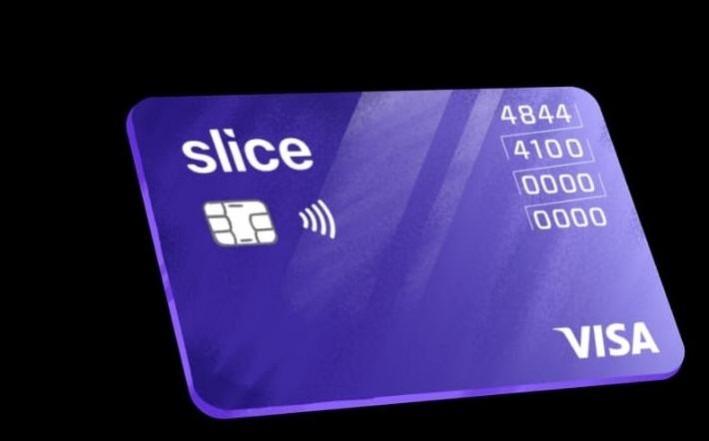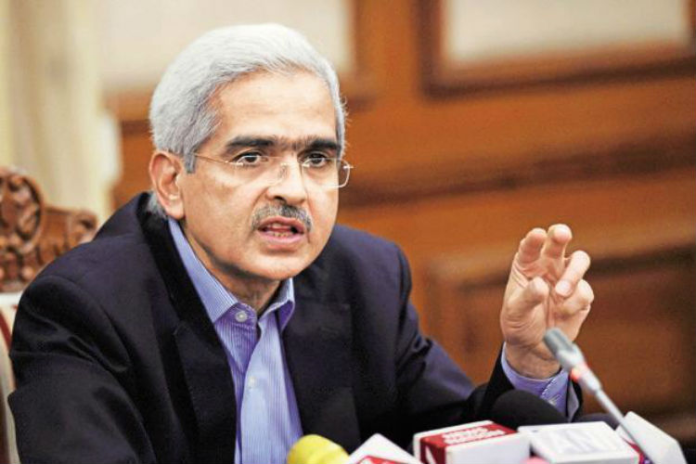
Bank Account Nominee: Now soon new rules are going to come for the account holders in the bank regarding the nominee of their account. This will happen after the Banking Amendment Bill is passed in the Parliament.
There is big news for bank account holders. The winter session of Parliament has started today and on the very first day, after the uproar in Parliament over the Adani bribery controversy, it has been adjourned till 12 noon. In this session, the government will try to pass the Banking Amendment Bill to bring many changes in the banking sector in the country.
– Advertisement –
New rules for nominees for account holders soon
Now soon new rules are going to come for the account holders in the bank regarding the nominee of their account. This will happen after the Banking Amendment Bill is passed in Parliament. The government will try to get the Banking Amendment Bill passed in Parliament, which is currently pending in the Lok Sabha. Earlier in August 2024, the Union Cabinet passed the Banking Bill.
Finance Minister Nirmala Sitharaman will try to get the Banking Amendment Bill passed during the winter session of Parliament. The major changes to be made in this are also important for bank accounts. Under the Banking Laws Amendment Bill 2024, there will be a proposal to increase the number of nominees for bank accounts to four. When the Banking Amendment Bill is passed on the floor of the Lok Sabha in Parliament, after that it will become mandatory for everyone to make 4 nominations in their bank account. Under this bill, there is a proposal to increase the limit of nominees on every bank account to four, which is currently one.
Know the special features of this bill
Either the bank account holder has to decide the nominees in order of their priority or he can decide the share of each nominee as per the banking rules. If the account holder chooses the option of nominees, then he has to decide the name of the first, second, third and fourth nominee. After the death of the account holder, the rights of the account will be given to each of the four nominees in order. The next surviving nominee after the first, second or third nominee will get the right of the account.
By dividing the shares among the four nominees, a certain share of the account amount can be given to each nominee. There will be no need for priority in this and every nominee will get a fixed share of the account amount, interest etc.
The Banking Bill passed by the Union Cabinet in August 2024 amends several laws, including-
Reserve Bank of India Act, 1934
Banking Regulation Act, 1949
State Bank of India Act, 1955
Banking Companies (Acquisition and Transfer of Undertakings) Acts, 1970 and 1980
Related Articles:-
Jio, Airtel, BSNL and Vi users should know the new rule, OTP will not come on mobile from December 1!
Vande Bharat Metro: Vande Bharat Metro train will run on these routes including Lucknow to Kanpur, Check route & other details
Today Weather: Heavy rain and storm, alert in 11 states, warning about 7 districts of THIS State
– Advertisement –









